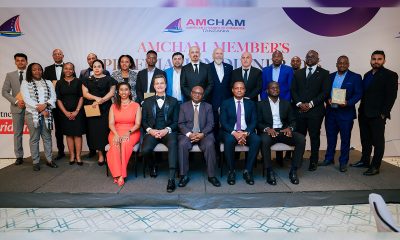Latest News
AppGallery Joins Forces with Nekki to Bring Shadow Fight Arena to AppGallery Users
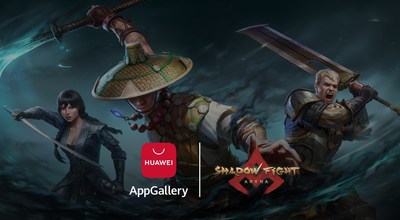
AppGallery gamers can now join the fray in Shadow Fight Arena, as the latest installment from Nekki’s Shadow Fight series joins Shadow Fight Arena 2 and 3 on AppGallery.
In a secretive world on the brink of war, players must fight to become the most formidable warrior to walk the land, assembling three-player teams to challenge foes and defeat opponents in multiplayer battles. Famous for its realistic 3D graphics and console-level battle experience, Shadow Fight Arena invites players to explore the mysterious ninja realm and battle their way through different teams. Now available on AppGallery, gamers can choose heroes to control, with abilities that can be upgraded as they progress to counteract enemy tactics and claim victory.
As part of the partnership, and in celebration of Shadow Fight Arena’s launch on AppGallery, players can claim exclusive access to one of the games rarest characters – the fun-loving yet formidable ‘Monkey King’ who wields his size-changing staff with skill and temerity. With a total value of USD100, the acclaimed Monkey King is well-known among Shadow Fight Arena fans for its impressive attack moves. With that, AppGallery gamers can now take an immediate head-start in their quest to battle.
“We are pleased to introduce the intriguing universe of Shadow Fight Arena to AppGallery users.” said Nikita Korzhavin, Business Development Director at Nekki. “The Shadow Fight games series has been very well-received so far, and we’re excited for gamers worldwide to experience the heat of battle with our newest offering in partnership with Huawei.”
Huawei Offers Technology Support to Partners
As the third largest global app marketplace with over 550 million monthly active users across more than 170 countries, developers can harness Huawei’s unique HMS Core capabilities during the run-up to app launch. Shadow Fight Arena demonstrates how a game can enhance its user experience beyond standard gameplay, integrating with Huawei’s IAP Kit to provide a seamless in-game payment experience.
“Sharing this journey with Huawei has been rewarding for our team here at Nekki.” commented Nikita Korzhavin, Business Development Director at Nekki. “With the successful integration of Huawei’s HMS Core Kits, we can provide higher quality graphics to our users and bring to life the intricate landscape that fans of the game know and love.”
Shadow Fight Arena has seen great success so far. Lauded as the Best Mobile Game of 2020 at the DevGAMM Awards, the number of Shadow Fight Arena players has passed 10 million as of July 2021. Shadow Fight Arena holds the double honour of being a finalist for Best Audio/Visual Accomplishment in Pocket Gamer’s Mobile Games Awards 2021, and a finalist for Pocket Gamer’s Game of the Year in 2021. Nekki’s partnership with AppGallery reflects a desire to expand to larger audiences and is a sign of greater milestones to come.
Powered by WPeMatico
AI-Powered Compliance and Player Support
DigerCompanion — Digicode’s AI Solution for Compliance and Player Support in Regulated iGaming
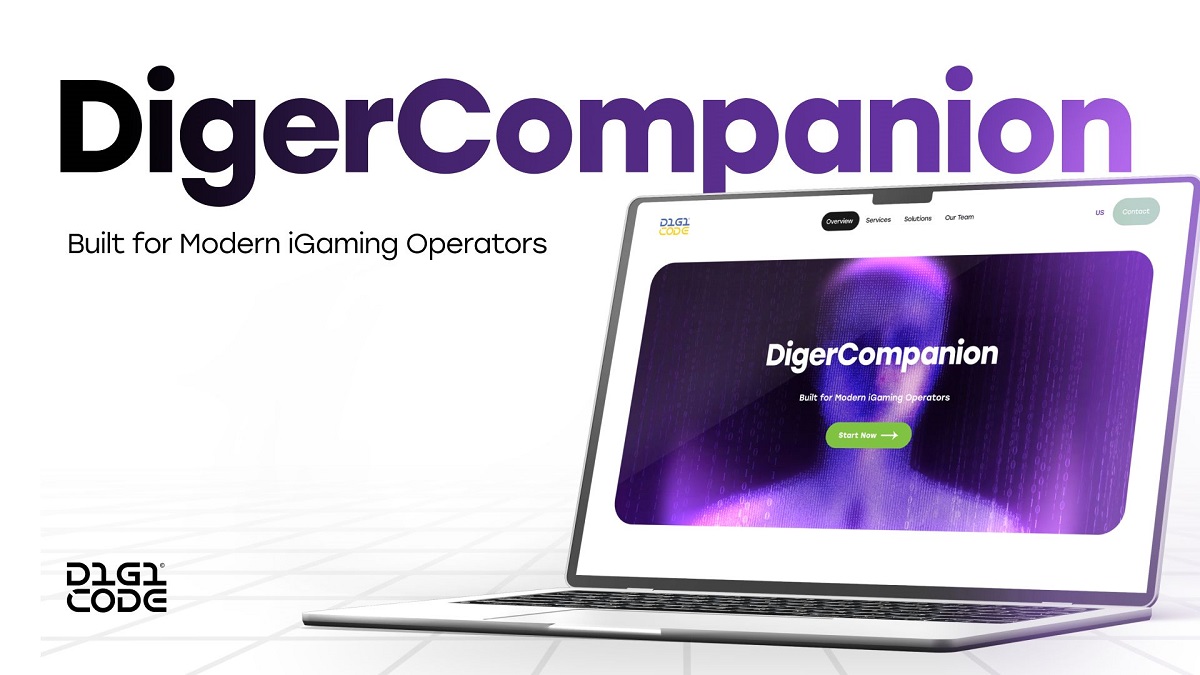
Digicode unveiled DigerCompanion, an advanced AI-powered platform tailored specifically for regulated iGaming settings. DigerCompanion streamlines essential player interactions, maintains top regulatory compliance standards, lowers operational costs, bolsters compliance monitoring, and greatly improves the player experience.
The platform provides adaptable deployment choices, allowing operators to run DigerCompanion on-site or in a private cloud, guaranteeing complete ownership and management of sensitive player information.
Comprehensive Features and Capabilities
- DigerCompanion incorporates six core functions essential to excellence in compliance and player support:
- Responsible Gaming Automation: Enforces strict self-exclusion protocols while minimizing manual compliance efforts.
- Promotion and Terms & Conditions Mapping: Centralizes promotional terms and automates player eligibility verification.
- Game Rules Knowledgebase: Consolidates detailed game mechanics and odds, enabling accurate and regulator-aligned responses to player queries.
- Bet History API Access: Provides players with transparent, self-service access to verify betting outcomes.
- Smart Escalation Engine: Employs behavioral analytics to escalate VIP and high-risk cases to specialized human teams appropriately.
- Multilingual Support: Delivers native-level, context-aware responses across more than 25 languages.
Advantages of Operations
The integration of DigerCompanion leads to significant operational improvements, featuring a decrease in support requests by as much as 40% and a 99% rise in compliance precision. Moreover, the average time taken to handle tickets drops significantly from more than five minutes to less than twenty seconds. Every player interaction is completely traceable, with the platform adjusting in real-time to changing regulatory standards.
The post DigerCompanion — Digicode’s AI Solution for Compliance and Player Support in Regulated iGaming appeared first on Eastern European Gaming | Global iGaming & Tech Intelligence Hub.
Brook Bakery
MIDNITE PARADES GIANT CHIP BUTTY AHEAD OF STEEL CITY DERBY
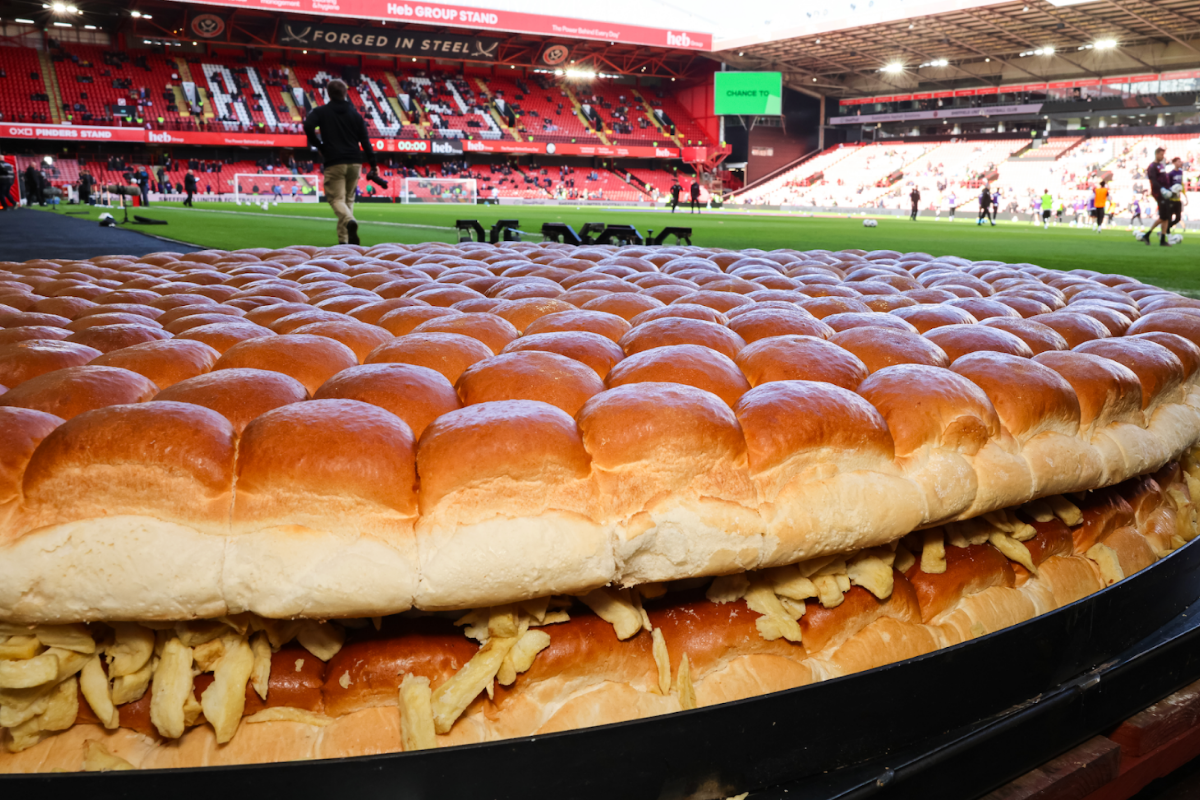
Midnite, principal partners of Sheffield United, unveiled a giant chip butty ahead of the Steel City derby against Sheffield Wednesday. The display coincided with the Blades’ 2-1 victory, which relegated their city rivals.
To celebrate the club’s iconic chip butty anthem, Midnite collaborated with Brook Bakery to create the oversized butty, which was showcased on the touchline prior to kick-off. In addition, hundreds of chip butties will be donated to local homeless charities and food banks across Sheffield in the coming weeks.
Andrew Mook, Head of Brand at Midnite, said: “We wanted to give something back to Sheffield United fans in a way that is synonymous with the club. The chip butty anthem is instantly recognisable as being something unique to Sheffield United, and by creating a giant chip butty, we wanted to have some fun, while ultimately delivering a strong message.
“Midnite is dedicated to offering value to Sheffield United fans. We aren’t just here to use the club and stick our logo on the shirt. We want to become a part of the club, and our initiatives and activations have all been designed to bring fans closer to the clubs they love.
“It has been great to work alongside local Sheffield businesses to create the chip butty, and then to help give back to the community foodbank and charities.”
Throughout the season, Midnite has supported fans by covering travel for away matches, providing complimentary haircuts to celebrate the new year, and unveiling a 50-square-metre mural honoring Chris Wilder opposite Bramall Lane.
The post MIDNITE PARADES GIANT CHIP BUTTY AHEAD OF STEEL CITY DERBY appeared first on Eastern European Gaming | Global iGaming & Tech Intelligence Hub.
Latest News
Stakelogic goes live with Spanish entertainment giant Luckia
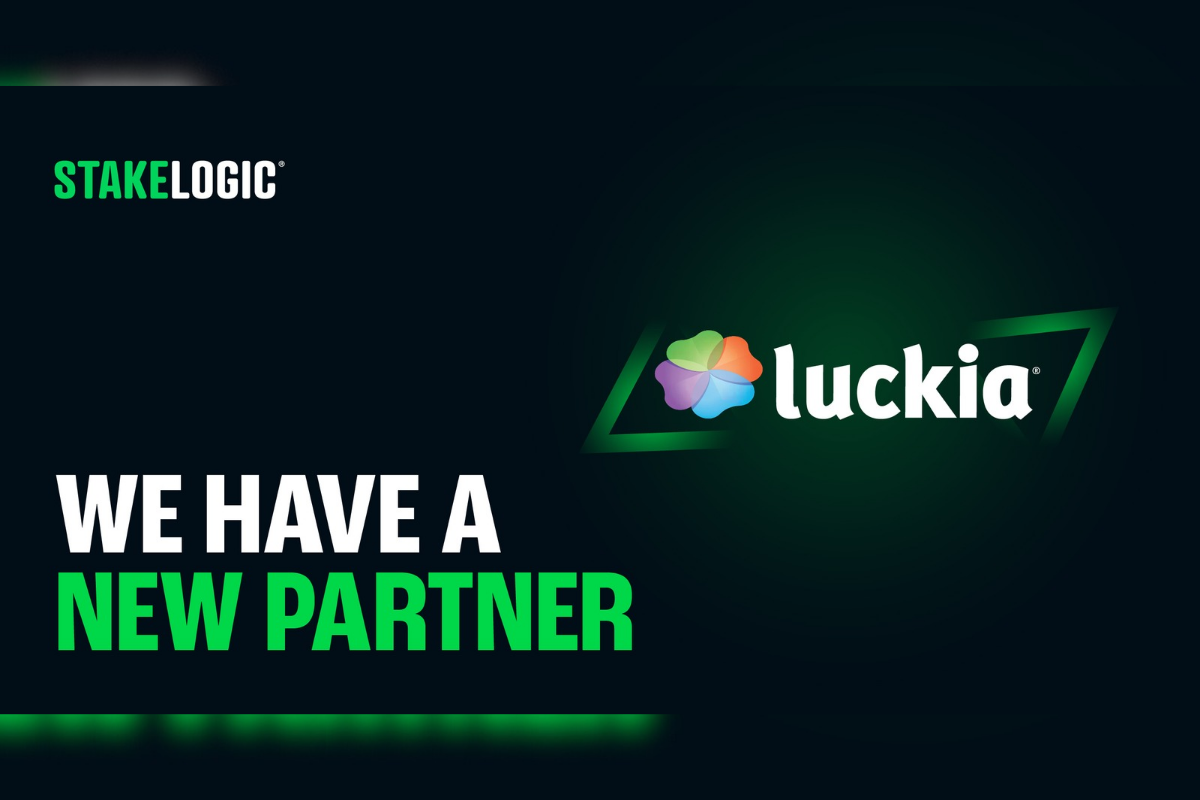
Stakelogic has partnered with Luckia to expand its presence in the regulated online market of Spain.
Through the agreement, a selection of Stakelogic’s slot portfolio will be integrated into Luckia’s online platform via the Light & Wonder aggregation system. The rollout includes both classic and modern video slots featuring a wide range of themes and gameplay styles designed to appeal to diverse player preferences.
Founded in 1972, Luckia has evolved from a traditional slot machine operator into a multi-channel entertainment provider offering sports betting, casino games, bingo, and slots across online and retail channels, supported by more than 2,500 employees.
Roberto Navarrete, Senior Account Manager at Stakelogic, said: “Luckia is one of Spain’s most prominent and long-standing gaming and entertainment groups, with a significant retail heritage and a growing digital presence. Partnering with a brand of this scale and reputation is a major step for Stakelogic in the Spanish market. We are excited to bring our slot portfolio to Luckia’s platform and are confident their players will enjoy the variety, quality and gameplay depth our titles are known for.”
Eloy Fernandez, Head of Product Team at Luckia, added: “Adding Stakelogic’s content allows us to further diversify the entertainment we offer online, with games that combine distinctive design and well-balanced gameplay. Strengthening our slot portfolio in this way is an important part of ensuring our digital platform continues to evolve in line with player expectations and market trends.”
The post Stakelogic goes live with Spanish entertainment giant Luckia appeared first on Eastern European Gaming | Global iGaming & Tech Intelligence Hub.
-

 CEO of GGBET UA Serhii Mishchenko7 days ago
CEO of GGBET UA Serhii Mishchenko7 days agoGGBET UA kicks off the “Keep it GG” promotional campaign
-

 Latest News6 days ago
Latest News6 days agoTRUEiGTECH Unveils Enterprise-Grade Prediction Market Platform for Operators
-

 Canada6 days ago
Canada6 days agoRivalry Corp. Announces Significant Reduction in Operations and Evaluation of Strategic Alternatives
-

 Acquisitions/Merger6 days ago
Acquisitions/Merger6 days agoBoonuspart Acquires Kasiino-boonus to Strengthen its Position in the Estonian iGaming Market
-

 Firecracker Frenzy™ Money Toad™6 days ago
Firecracker Frenzy™ Money Toad™6 days agoAncient fortune explodes to life in Greentube’s Firecracker Frenzy™: Money Toad™
-

 Blueprint Gaming4 days ago
Blueprint Gaming4 days agoBlueprint Gaming unleashes Frankenstein’s Fortune blending dynamic modifiers with multi-path bonus offering
-

 Africa6 days ago
Africa6 days agoMeridianbet Marks 17 Years in Tanzania with Over 500 Community Initiatives
-

 Big Daddy Gaming5 days ago
Big Daddy Gaming5 days agoBig Daddy Gaming® Expands European Footprint After MGA Licence Approval
















